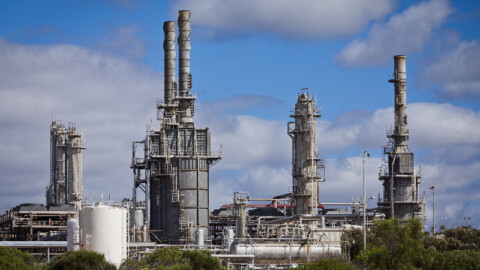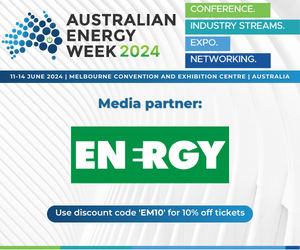Over the last five years, energy users have been urging governments to resolve the gas crisis that is irreparably damaging our manufacturing sector and driving up electricity prices. Make no mistake, persistently high gas prices result in job losses, decreased investment and increased costs to consumers.
It is not only the direct impacts of higher gas costs that is a problem. There are significant knock-on effects to many other sectors of the economy, such as agriculture, where much of our farming produce is supplied to the food processing industry that is reliant on gas for heat and steam.
Quite simply, if we reduce the amount of food we process in Australia, we reduce the amount of food we grow in Australia. This is just one example of the profound impacts of the gas crisis unfolding in a country with an abundance of gas.
So, how did it all come to this?

While no one planned for this gas crisis to occur, tragically, this situation is entirely of our own making. For many years, energy user groups, including the EUAA, expressed concerns that the domestic gas market would suffer in the absence of a national interest test being applied to LNG exports.
While hindsight is a wonderful thing, if we had applied greater control over the introduction of LNG export terminals, we could have avoided, at least in part, the negative outcomes associated with some gas fields not delivering the expected volumes of gas and the subsequent raiding of domestic gas supplies to satisfy export obligations.
These unintended consequences, perhaps as a result of naivety, ignorance or even arrogance, have brought us to this point. But that is old news and there is not a lot of point focusing on the past and looking for someone to blame. Finding solutions is a better way forward.
With a re-elected Morrison Government back in the driver’s seat, there is an opportunity to address the past failings in gas markets and create a brighter future for Australian manufacturers and associated industries. Interestingly, while the Federal Government has kept a relatively hands-off approach to gas markets to date, it has increasingly intervened in electricity markets. The irony of course is that in many cases, gas is setting the price of electricity. It could be that a change of focus to addressing serious issues with the domestic gas market could also deliver better outcomes in electricity as well.
Before the Federal Election in May, the EUAA threw the challenge out to the next government of materially addressing the gas crisis. We released a discussion paper that contained a number of ideas that were aimed at encouraging a different approach, a new way of thinking, and further discussion about a way to address the failings in gas markets.
These ideas ranged from relatively modest evolutionary steps in gas market reform right through to the creation of a commonwealth gas company and retrospective reservation.
Under normal circumstances, many of these ideas that promote greater market intervention from government are not the preferred approach of the EUAA, or any business group for that matter. In normal circumstances. But these are not normal circumstances.
Right now, our gas markets are not working. We are now at the point where intervention is likely to be required to achieve a customer-focused resolution. Make no mistake, continuing to do nothing is no longer an option and the longer we wait the greater the intervention will need to be.
What kind of intervention, how much and when to stop are all points of contention and warrant further discussion and consideration. There is always the risk that additional intervention will create a raft of new, unintended consequences, making a perilous situation even worse. Careful consideration must be given to further action but without it, the future looks bleak.
Whether or not you agree with the ideas proposed in the EUAA discussion paper, the point is that we need to rethink our approach to gas markets. We need to recognise they are not functioning in the way they should, nor in the interests of consumers.
We can no longer sit by and wait for the market to respond. What has been tried in the past has not worked. It’s time to try something different. Perhaps something radical.
The great news is that it is not too late. And if the recent responses from governments are anything to go by, there is reason for hope.
The Federal Government’s Australian Domestic Gas Security Mechanism (ASGSM), announced in 2018, has attempted to deliver better outcomes in the form of supply.
The Queensland Government continues to announce new gas tenements – land released solely for domestic gas supply. The result of this action is now starting to bring positive outcomes for many Queensland based gas users. Unfortunately, the situation is not as positive in other states.
With a moratorium on gas in Victoria, and effectively in NSW, it is little wonder that the Federal Government is considering further action to ensure greater supply. Recent reports suggest that Senator Canavan is looking at what other action is possible to deliver better outcomes in gas – possibly considering the introduction of a national interest test. From the EUAA perspective, where we represent large energy users, some of whom spend $1 million per day on gas, we welcome this conversation.
We are encouraged to see a renewed focus from the Federal Government and a willingness to engage on new ideas to solve the gas crisis. However, we must recognise that it will take federal and state governments working together, along with the entire gas supply chain, before we can truly set ourselves on the path to a more economically sustainable domestic gas market.
The implications of continuing to do nothing in gas is unfortunately a slow and painful death for Australian manufacturing – the kind of value destruction no one wants to preside over.

















